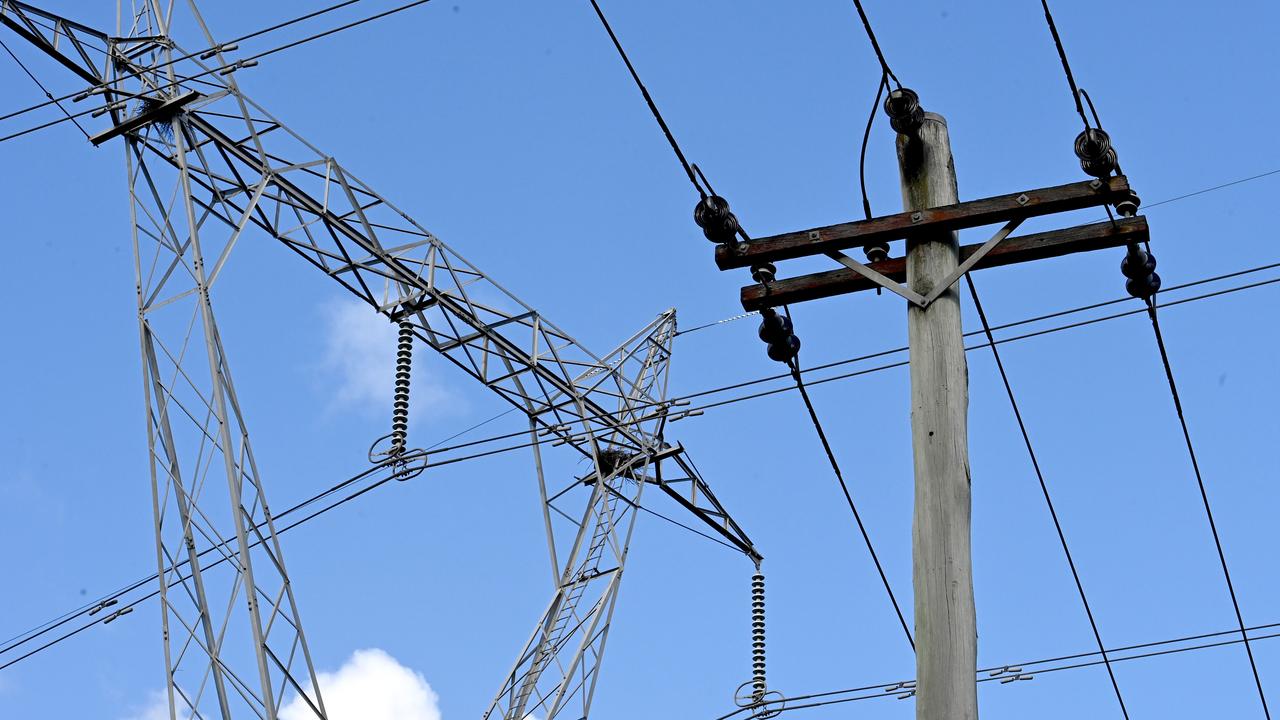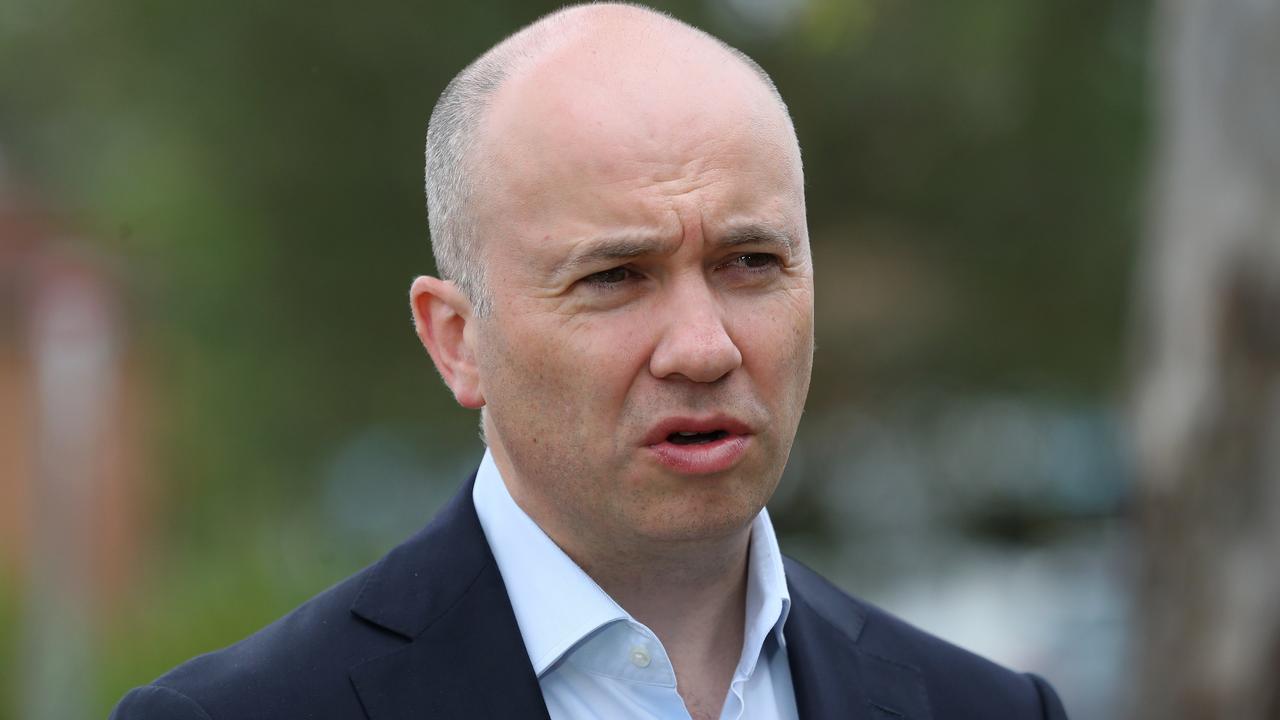Origin Energy boss Frank Calabria predicts 20 per cent increase on electricity prices
Australians could be in for a cripplingly expensive winter, with the head of a major energy retailer forecasting prices to soar.
Origin Energy boss Frank Calabria has shared fears of electricity prices increasing by more than 20 per cent in multiple states from July 1 as Australia heads into winter.
Mr Calabria’s bleak forecast comes days before the Australian Energy Regulator (AER) is expected to release its default market offer (DMO), which places a maximum price cap electricity retailers can charge customers.
The price increase will hit customers in NSW, Queensland and South Australia, while a different process is used in Victoria and Tasmania. Western Australia and the Northern Territory are operated by separate markets.

“I would just reiterate that (the price increase) is in fact recovering costs that were incurred by the industry, which if we cast our mind back to May and June certainly put the energy system under pressure,” Mr Calabria said at the Australian Financial Review’s Business Summit on Tuesday.
“Nevertheless, it’s going to be a contributor to cost of living, which we’re acutely aware of in terms of our customer base and supporting those that are less able to pay.”
The new price would come into effect from July 1.
On Thursday, NSW Treasurer and Minister for Energy Matt Kean maintained NSW households had saved more on energy network costs under a Coalition government.
He refuted Labor’s claims the partial privatisation of Ausgrid in 2016 and Endeavour Energy in 2017 led to higher energy bills.
Mr Kean quoted figures from the AER’s household network costs, which said annual residential charges had dropped from $973 in the 2014-15 financial year, to $722 in the current financial year.
However, costs have consecutively increased since 2019-20, rising from $681 to $722.
“Network charges have fallen by 26 per cent for the average household and 49 per cent for the average small business since the long-term lease of Ausgrid and Endeavour,” he said.

A report released by Australian Energy Market Operator in March also warned of increasing energy unreliability and the potential for blackouts in NSW from 2025.
This comes as Eraring power station is slated to cease operating in 2025, with the opening for the Kurri Kurri gas generator project delayed until 2024 and the Snowy Hydro 2.0 project delayed until 2027.
The government has so far ruled out delaying the closure of Eraring, which provides about 25 per cent of NSW’s energy supply.
On Thursday, Mr Kean said the “future for Eraring is a matter for Origin Energy” which operates the coal-fire power station.
Labor leader, Chris Minns says there could be the potential for “a negotiation between the government and a private company,” which would extend Eraring’s operation.
“I’m not going to let the power run out in NSW, and I’m not going to rule out (buying Eraring),’ he told 2GB on Monday.
Mr Kean said despite concerns raised by AEMO, the implementation of the government’s Electricity Infrastructure Roadmap will make up for the short fall.
The 20-year road map sets out the state’s plan to replace ageing coal-fired power stations with renewable energy options, including electricity generation and duration storage.
“AEMO’s electricity statement of opportunity, once it factors in the Electricity Infrastructure Roadmap, shows there’s no big breach of reliability standards out past the decade,” he said.



